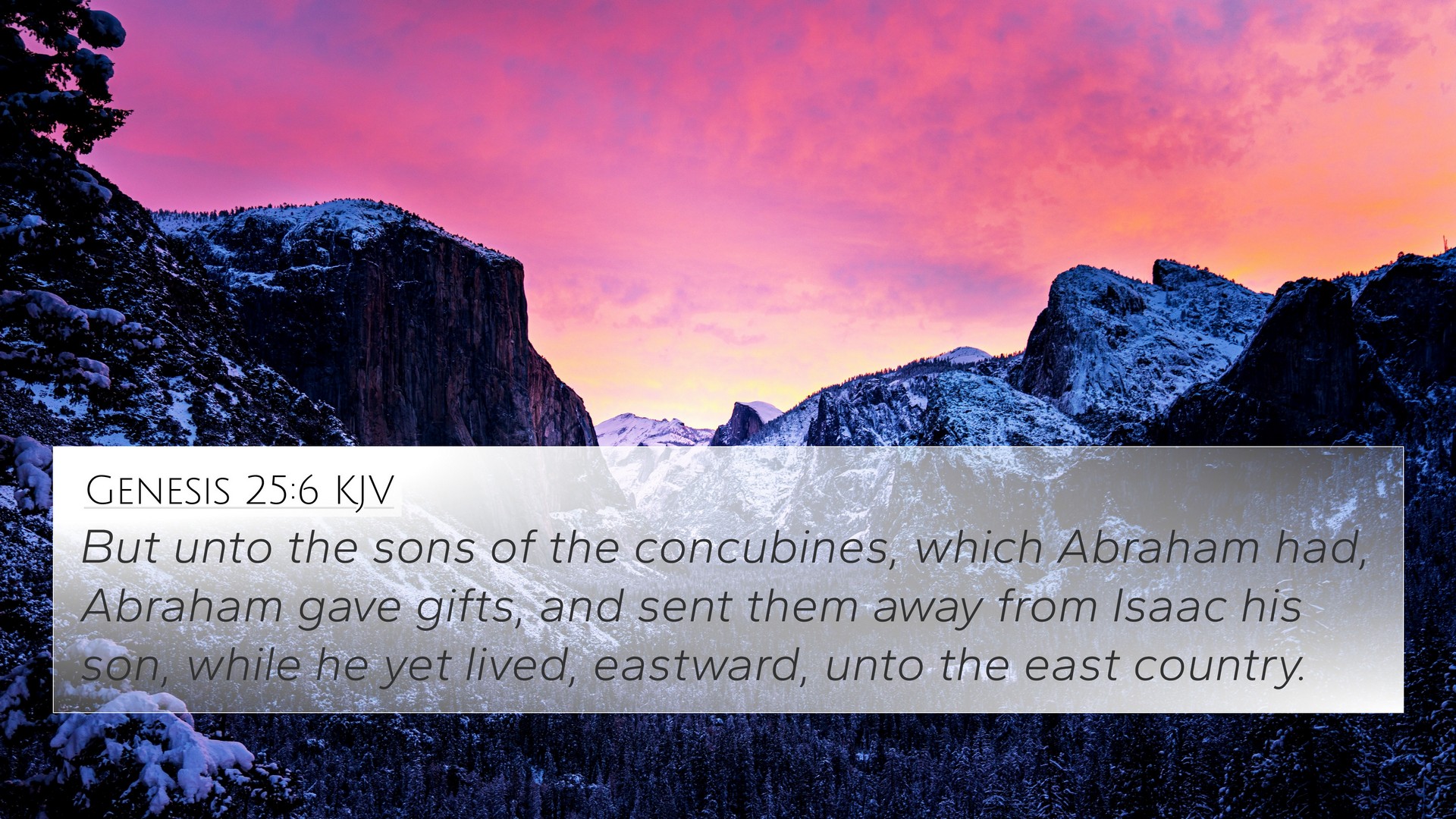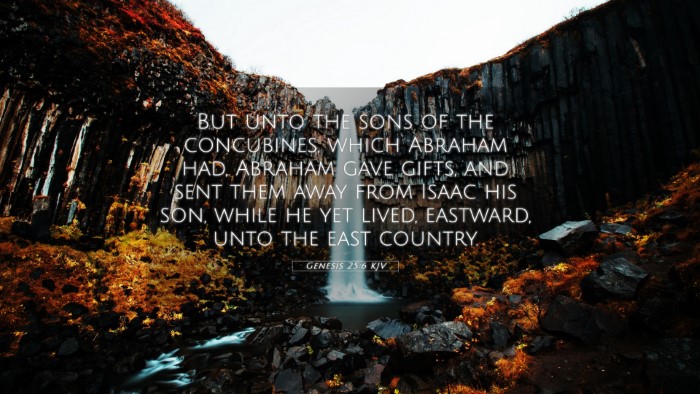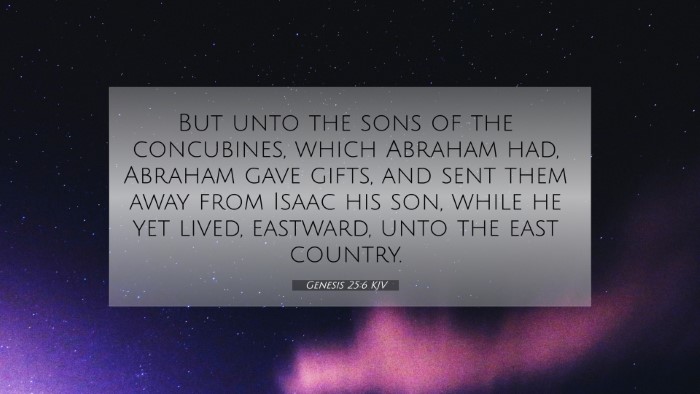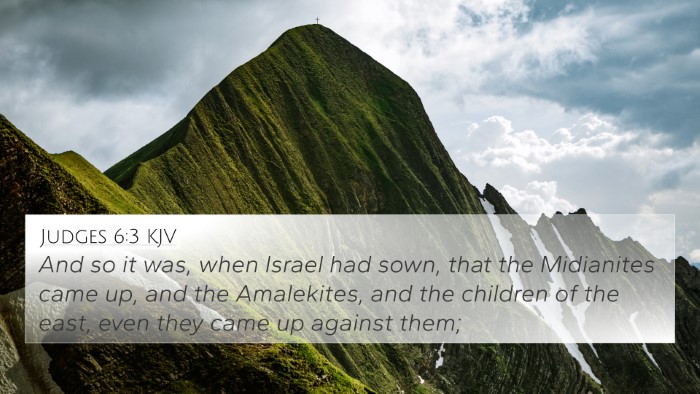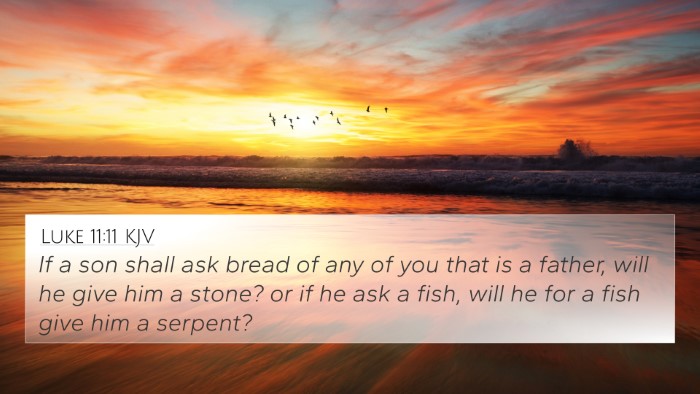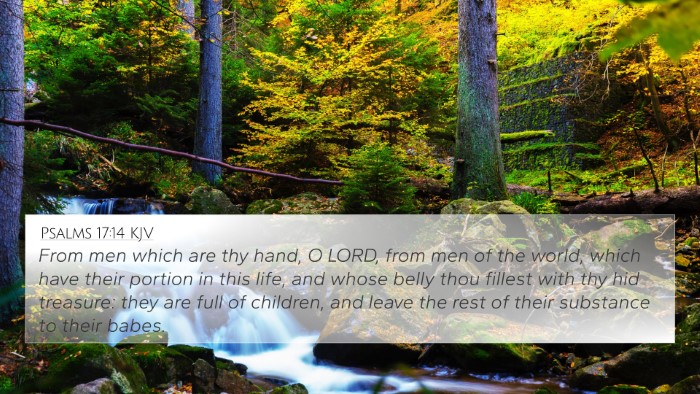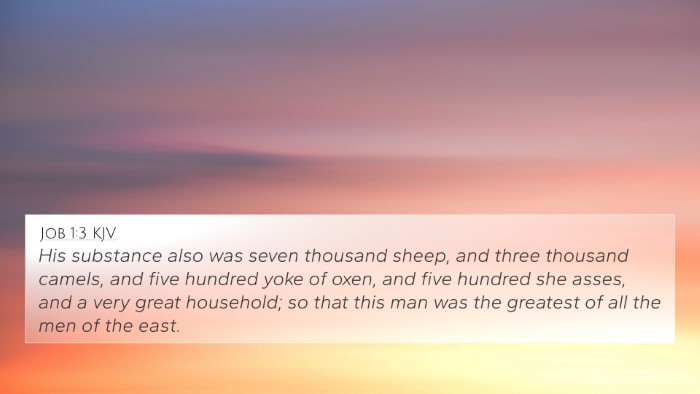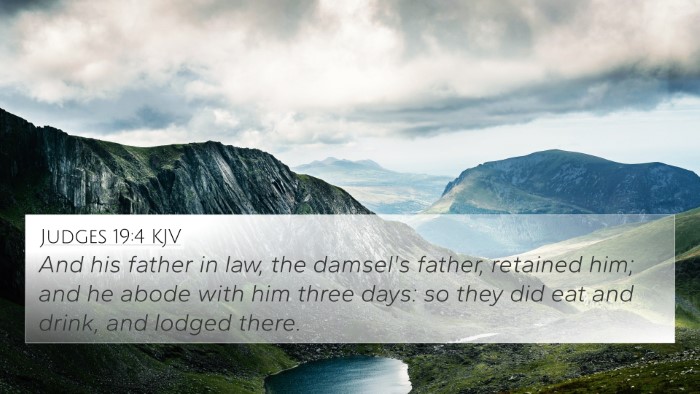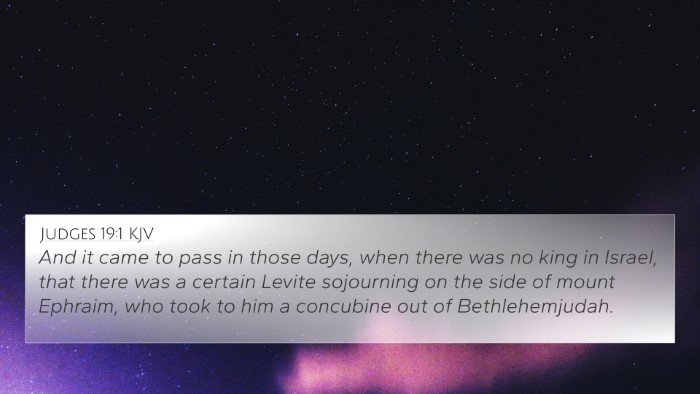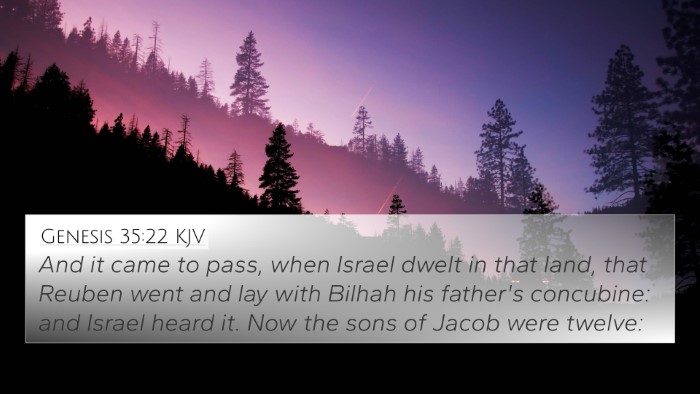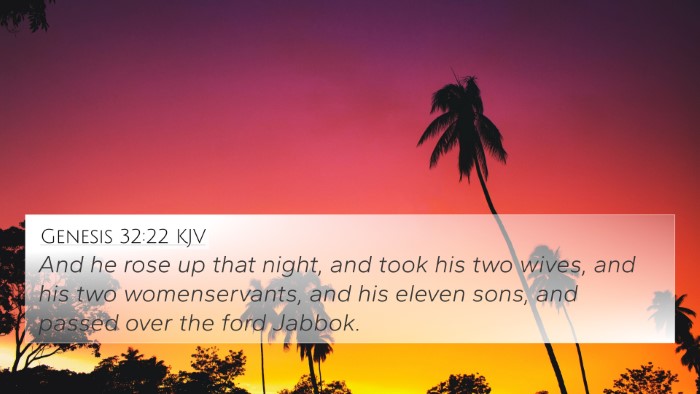Understanding Genesis 25:6
Genesis 25:6 states: "But unto the sons of the concubines, which Abraham had, Abraham gave gifts, and sent them away from Isaac his son, while he yet lived, eastward, unto the east country." This verse reflects significant themes within the narrative of Abraham's family and testifies to the patriarchal customs of the time.
Contextual Background
The passage occurs at the closure of Abraham's life, illustrating the distribution of his wealth and blessings among his sons. Matthew Henry elucidates that this act wasn't merely about distribution but rather a separation showing Isaac's preeminence as the heir to the covenant promises.
Key Insights from Commentaries
- Matthew Henry: He emphasizes the importance of Isaac's position as the primary heir and how Abraham's gifts to his other sons were not intended to share the covenant blessing but rather to recognize them as sons without the divine promise.
- Albert Barnes: Barnes notes that sending these sons away to the east signifies a clear distinction between Isaac and his half-brothers, supporting the notion that the covenant with Abraham was to be fulfilled through Isaac alone.
- Adam Clarke: Clarke adds that the term 'concubines' refers to secondary wives, highlighting the societal norms of the time. He suggests that Abraham's gifts were sufficient to ensure the well-being of these sons without risking the inheritance of Isaac.
Thematic Connections in the Bible
This verse connects to several broader themes within the Bible, particularly regarding inheritance, blessings, and the continuity of God’s covenant. The implications extend beyond Abraham's immediate family, laying foundations for inter-biblical dialogue on covenant theories.
Cross-References and Related Verses
Genesis 25:6 connects with various scriptures that delve into themes of inheritance and the covenant:
- Genesis 17:19: God's promise to Abraham about Isaac.
- Genesis 21:10: Sarah's demand to cast out Hagar and her son.
- Galatians 4:30: The allegory of Sarah and Hagar, representing two covenants.
- Hebrews 11:9: By faith, Abraham lived as a foreigner in the promised land, as he awaited the inheritance of the promises.
- Romans 9:7-8: Not all of Abraham's descendants are of the promise, highlighting Isaac’s unique role.
- 1 Chronicles 1:32: Lists the sons of Abraham, shedding light on his family lineage.
- James 2:23: Abraham as an example of faith, reinforcing Isaac's role as the rightful heir.
Understanding Inheritance in Biblical Context
In examining Genesis 25:6, it's essential to consider the concept of inheritance as portrayed throughout the Bible. The practice of inheritance among Abraham's descendants highlights God's unilateral choice in establishing His covenant with Isaac, rather than a democratic allocation among all sons.
Comparative Bible Verse Analysis
The relationship between Genesis 25:6 and other verses like Genesis 21:14 provides insights into the hierarchical dynamics of familial relations in the context of divine appointment and human actions.
For example, the act of sending Hagar and Ishmael away relates closely to the narrative of separation which becomes a recurring motif, underscoring that while gifts were given, the covenant remains distinct and singular to Isaac.
Using Bible Cross-References for Deeper Understanding
To fully grasp the implications of Genesis 25:6, employing tools for Bible cross-referencing can prove invaluable.
- Utilize a Bible concordance to find verses that relate to inheritance and blessings.
- Engage in cross-reference Bible study methods to explore connections between the Old and New Testament.
- Consider comparing themes in the Bible to discern how Abraham's family dynamics inform New Testament teachings.
How to Explore Connections Between Bible Verses
When studying scripture, ask questions such as:
- What verses are related to Genesis 25:6?
- How do Genesis 25:6 connect with the themes of covenant in Galatians 4?
- What similarities exist between this passage and the accounts in Genesis 21 regarding Hagar and Ishmael?
Conclusion
Through Genesis 25:6, readers gain insight into the complexity of family inheritance, covenantal promises, and God’s sovereign choices. This verse stands as a significant point for exploring broader theological themes and connections across the scripture. By employing a solid framework of cross-referencing Biblical texts, one can develop a robust understanding of how various scriptures interact and inform one another in the rich tapestry of God's Word.
